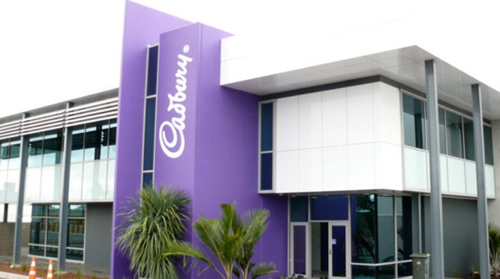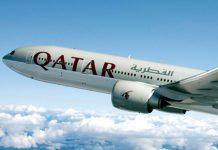Cadbury Nigeria ended half year operations counting losses all the way from end of operating activities down to the bottom line. That shows a greater operating strain than the company experienced last year. The company’s loss position is however down on year-on-year basis with some hopes for a further reduction in the third quarter.
Last year, a last quarter surprise turned a marginal loss at the end of the third quarter into a full year profit. Will that again be the story of the beverage and confectioneries manufacturing company this year is the question mark on its earnings outlook for 2018. Cadbury’s major constraint is that sales revenue isn’t growing as fast as cost of sales.
The company closed half year operations in June 2018 with sales revenue of N17.55 billion, an increase of less than 8% year-on-year.
Cost of sales grew at ahead of turnover at over 11% to N14.74 billion over the same period. That caused a drop of 7% in gross profit to N2.81 billion at the end of half year.
Sales revenue has continued to stagnate for about five years running. Beverages are the company’s main product line, accounting for 60% of turnover. A positive sign for the company this year is the doubling of export sales revenue to N2.7 billion over the review period.
The company raised sales revenue by 10% in 2017 to N33 billion, which remains well below its all time revenue peak of N36 billion as far back as 2013. It is expected that with seasonal sales in the second half of the year, sales revenue could get close the 2013 high for Cadbury Nigeria at the end of the year.
Management took steps to cut selling/distribution expenses as well as administrative cost over the review period. The cost lines went down by 18% and 27% respectively year-on-year at the end of June. The reductions were however insufficient to counter the drop in gross profit, resulting in an operating loss of about N106 million at the end of half year trading. This is against an operating profit of N213 million in the first quarter and an operating loss of N662 million in the same period last year.
Finance expenses added further strains to the company’s operations at an increase of over 131% to N391 million. That brought the company’s loss position to nearly N424 million at the end of June, a drop of 45% however from the loss figure of N766 million in the same period last year.
Cadbury Nigeria returned to bank borrowings in 2016 with a bank overdraft of N151 million growing to a balance sheet debt of N3.6 billion at the end of 2017. It has reduced the debt figure to N2.37 billion at the end of June 2018 with repayment of a short-term loan of N1.7 billion.
The strength for the loan repayment came from a major improvement in cash flow over the review period. It generated a net cash flow of nearly N2 billion from operating activities at the end of June 2018 compared to net cash of over N1 billion used in operating activities in the same period last year. There was also a drop of about 60% in net cash used in investing activities over the period.
The loan repayment is expected to slow down the growth in finance expenses and with a possible step up in sales revenue, an improved performance may be possible for Cadbury Nigeria in the second half. The company lost 23 kobo per share at the end of half year operations, better however than a loss of 41 kobo per share in the same period last year. Cadbury Nigeria finished last year with earnings per share of 16 kobo, which it gave out to shareholders in cash dividend last July.

























